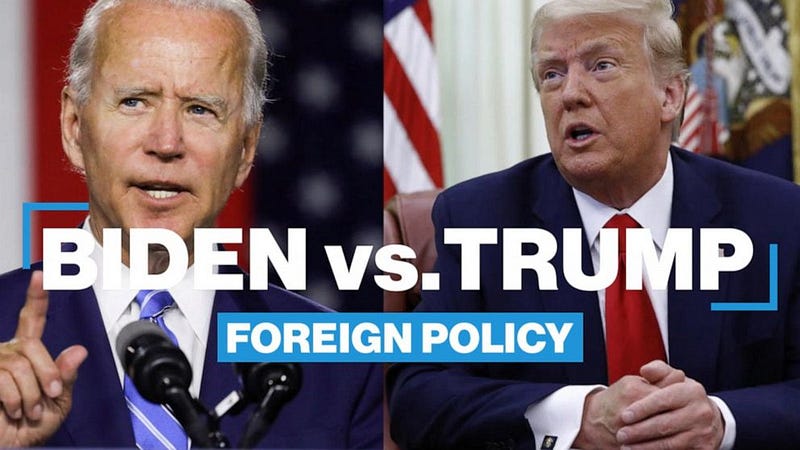
On Friday, March 19, the Levitt Center presented a panel titled “Trump Retrospective & Path Forward: Foreign Policy & National Security.” The event featured Henry Blatt Bristol Professor of International Relations Alan Cafruny, Assistant Professor of Government Alexsia Chan, and Chamberlain Fellow and Visiting Professor of History Ty Seidule as speakers. Assistant Professor of Government Erica de Bruin moderated the panel.
Cafruny presented first. One of his primary focuses was how the transition from the Trump to the Biden administration would affect United States (U.S.) foreign policy. Cafruny argued that the “Trump and Biden phases of [U.S. foreign policy] are really not going to be any different.” Both administrations have fought to be more anti-Russia and anti-Chinese than the other, which he believed played a role in the recent anti-Asian massacre in Georgia. Concerning Trump’s effect on global policy, Cafruny considered the tariff war to be a failure. It created a massive “exodus” to China, with U.S. capital pouring into China from companies like Goldman Sachs and JP Morgan. Cafruny also shared that he does not believe containment will fix the situation with China and Russia, which could only be solved by war. However, a more peaceful route would be abandonment to focus on more domestic issues, like passing a Green New Deal.
Chan’s presentation shed light on relations between the U.S. and China. She quoted an article that said American politicians perceive China as a problem to be solved and corporate entities see China as a market to be mined. Under Trump, the relationship between China and the U.S. suffered. Biden has managed to step back a bit, but the situation is still not positive. Chan outlined three events that contextualize the current situation. Chan labeled the first event as “the phone call,” which was a brief incident in December 2016 where Trump took a call from the President of Taiwan. The second event she named “the lowest point.” The failed trade war and the emergence of the pandemic occurred during this period. In reaction to those events, Trump spewed racist rhetoric towards the Chinese, which further damaged the U.S.’s relationship with and perceptions of China. For example, Chan shared a harrowing experience when she herself was almost attacked at Hannaford last March. The third event was called “the report,” which was a declassified 10 page report left days before Biden came to term.
Seidule was the final speaker. He argued that the Biden Department of Defense will be more capable than Trump’s in handling foreign policy. Seidule believed that Biden signals a return to a chain of command approach to governance, whereas President Trump would rather dismiss policy and ignore governmental processes. When comparing Biden and Trump, Seidule argued that Biden has assembled a more competent and diverse Department of Defense team. Seidule also mentioned that Biden is focused on rebalancing military civil relations, which he plans to achieve through policies like re-allowing transgender individuals to serve in the military. In contrast, Seidule argued that under Trump, there were significant injustices, like his pardons of murderers whose own troops testified against them. Lastly, Seidule noted that Biden has begun investigating ways to eliminate white nationalism in the U.S.
The moderated portion was followed by a Q & A session. One event participant pointed out that the rise of China is not necessarily related to the downfall of the United States. They said that “one doesn’t necessarily require the other.”
























